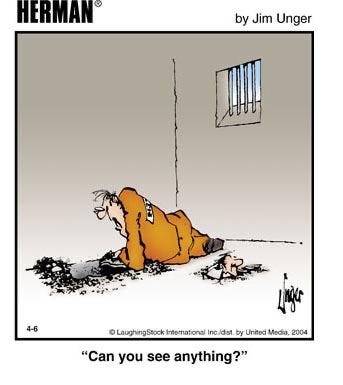“This book is for people who are living under the tyranny of the prevailing style of management. The huge, long-range losses caused by this style of management have led us into decline. Most people imagine that the present style of management has always existed, and is a fixture. Actually, it is a modern invention-a prison created by the way in which people interact. This interaction afflicts all aspects of our lives-government, industry, education, healthcare.
We have grown up in a climate of competition between people, teams, departments, divisions, pupils, schools, universities. We have been taught by economists that competition will solve our problems. Actually, competition, we see now, is destructive. It would be better if everyone would work together as a system, with the aim for everybody to win. What we need is cooperation and transformation to a new style of management.”
W. Edwards Deming. Preface to The New Economics for Industry, Government, Education
And so begins the last book written by Dr. Deming, published shortly before his death in 1993. I’ve yet to read any other book or essay that so forcefully announces its aim and intent: This isn’t a dry, boring recitation of management theory and platitudes - it’s a rescue operation, a jail break!
But, where did the walls of this prison, which dictate our behaviours and instils the virtues of destructive win/lose competition come from? In his 1984 book, The M-Form Society, Professor William G. Ouchi suggests that we were a victim of our own post-war successes:
“We enjoyed forty years of unprecedented industrial monopoly during which our companies earned monopoly profits, labour took home monopoly wages, and government extracted monopoly taxes. When there is such a monopoly, the stage is set for superstitious learning.”
In other words, our system of management came from a time where we couldn’t fail. The unchallenged excesses of our dominant market position meant that you could do anything and appear to be a prescient mandarin of modern management thinking, with confirmation bias quickly ensuing. Of course, this dominance began to erode as the Japanese took to heart the teachings of Dr. Deming in the 1950s and 1960s. By the 1980s, they posed a serious threat and almost too late did we begin to pivot.
However, while we did begin to improve through the late 80s and into the early 90s, we soon retreated into past thinking. We still believe government can regulate fair competition into existence, quality can be inspected into products and services, managers can appraise merit and competency into employees, and that the major cause of problems in any organization is the employee.
Thus, our challenge is to learn to see the bars and walls of our intellectual prisons and begin removing them brick-by-brick with “new” theory.


